The remarkable relevance of “Dune”
“Dune” logo and title card used for the film’s promotion in trailers.
Denis Villeneuve’s version of “Dune” reflects on society in a way the story hasn’t before, with its diverse casting, political references, talks of power and religion, family dynamics, and remarkable relevance.
Warner Brother’s “Dune” was released on Oct. 22 and is a remake of the 1984 film of the same name, written and directed by David Lynch. The movie was based on the 1965 Frank Herbert novel also called “Dune.” The film is sci-fi at its best, with a sprinkle of adventure. The movie premiered last weekend to immediate praise from critics and viewers alike, the exact opposite reaction to its predecessor.
Junior, Ridley Wanamaker is a fan of the book series and thought this film was a great adaptation.
“All the acting was perfect; the cinematography was close to magical, and the score was incredibly powerful,” Wanamaker stated. “It’s one of the best science fiction movies I’ve seen in a long time.”
The star studded and diverse cast was what drew many people into theaters opening weekend. Academy award nominee, Timothée Chalamet, stars in the lead role as Paul Altreides. Actor and fashion icon, Zendaya plays Chani, Altreides’ love interest. Some of her fellow and upcoming MCU costars Oscar Issac, Dave Bautista, Josh Brolin, David Dastmalchian, and Stellan Skarsgård, also starred alongside her in the film. The ensemble cast closes out with Rebecca Ferguson, Jason Momoa, Sharon Duncan-Brewster, and Javier Bardem.
The two prominent houses in “Dune” are House Atreides and House Harkonnen, who fight throughout the film for control of a spice held on Arakkis. The two houses reflect political parties, each striving for their own power and doing whatever is necessary to get their way, even going so far as to prioritize money over their people.
Junior, Sofia Marasco, found the two houses very similar to our society today.
“Dune shows a divide in humanity, [as the] different houses separate from each other, always clashing,” Marasco explained. “There is really no one set side to things, everything is so cutthroat and structured.”
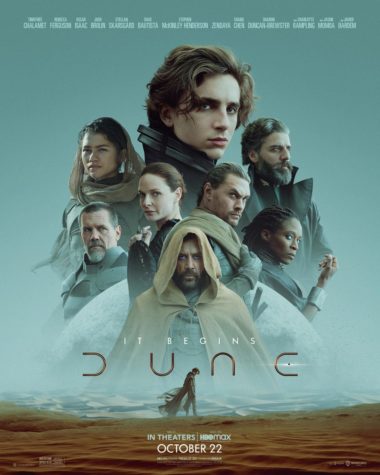
“Dune” does a phenomenal job at underlining the importance of not letting religion dictate what happens in politics or government. The film explicitly shows the conflicting opinions of others and how unsuccessful, chaotic, and unequal society would be if it was run based on one group’s ideology.
The family dynamics within the film were incredibly effective; especially amongst the Atreides family, who were the heart of the film. The scenes between Paul and his father Leto showcased a genuine relationship between a father and son, rather than a Duke and an heir. The friendships within the film also felt very authentic, such as Paul and Duncan who both seemed to light up when they were on screen together.
The main reason “Dune” continues to be so well received is due to its source material, the book written by Frank Herbert in 1965. Although, the novel was written over five decades ago, it still resonates well today; violence and greed remain a problem, and money and power seem to be eternally sought after. “Dune” shows us both from a past and future perspective that nothing within our society has or ever will truly change if change isn’t sought after.
“[Dune] makes us think about our overuse of resources, our hot political climate, and technology taking over everything,” Marasco conveyed. “It’s made people wake up and reflect on the world; is this what we want to be doing? Is this the future we are going to pass onto the next generation?”
If you have yet to catch the remarkable film “Dune”, it’s currently playing in theaters and streaming on HBO Max at no additional cost to subscribers.
Your donation will support the student journalists of Wiregrass Ranch High School. Your contribution will allow us to purchase equipment and cover our annual website hosting costs.

Alyssa is a senior at Wiregrass Ranch and this is her second year writing for The Stampede. She is the co-president/founder of Activism in Film Club,...


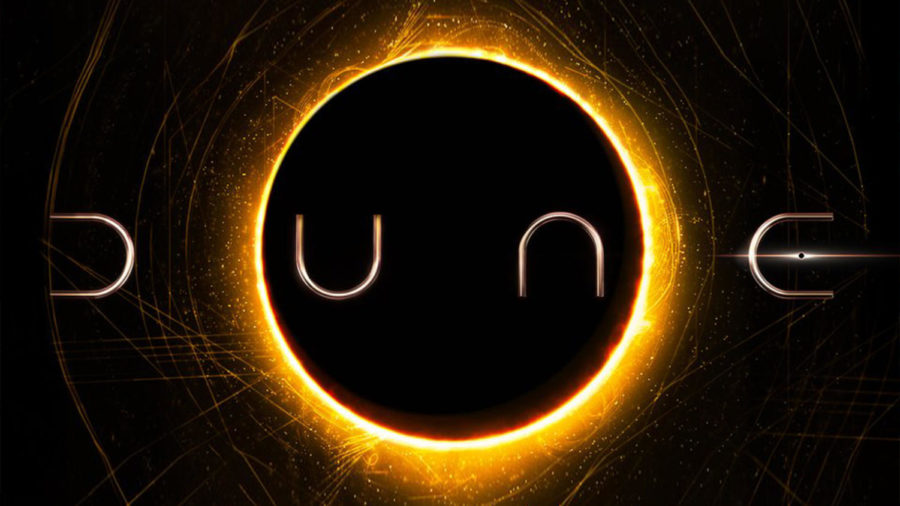
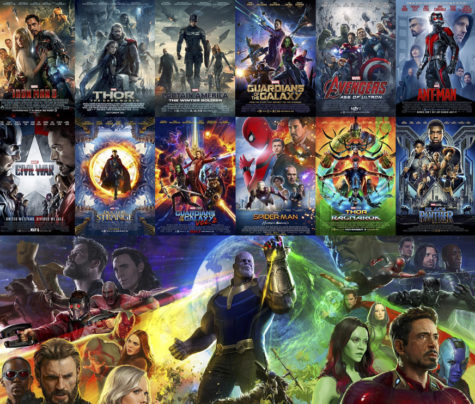
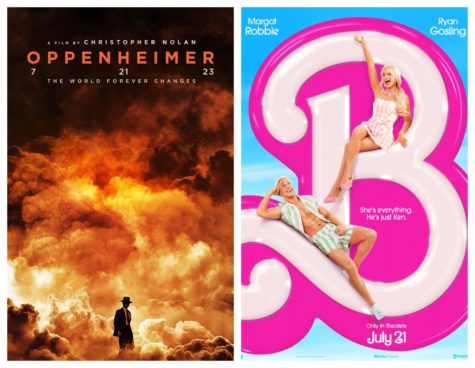
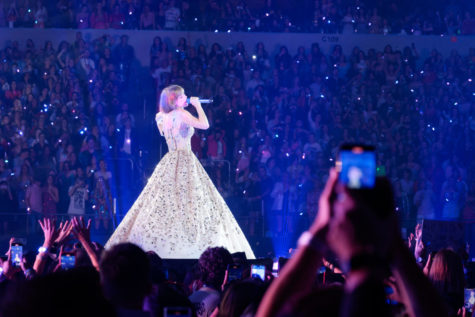
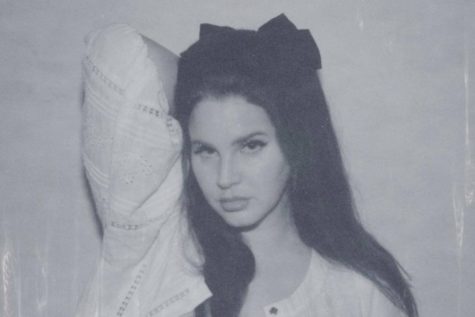
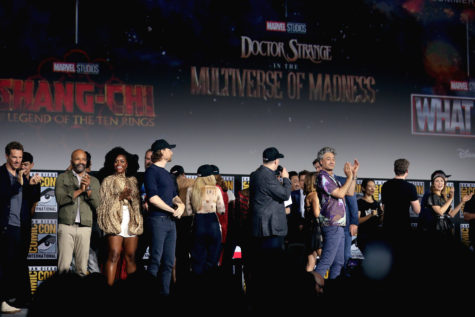

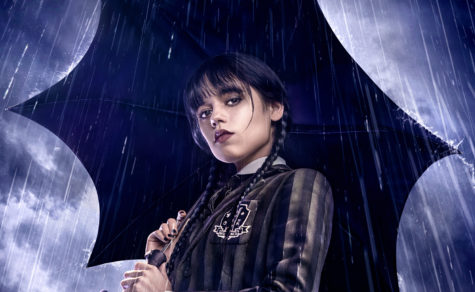
Elijah Conley • Nov 15, 2021 at 9:01 am
woah!!! amazing!!!1 if ur a college and looking at this, hi columbia, SHES UR GIRL!